Dans la même rubrique
-
- Application procedure
- Scholarships
- Academic Programs
- Courses in English
- French as a Foreign Language (FLE)
- Intersemester short programs (August and Jan-Feb)
- Training period in our laboratories
- May-June Summer program
- Arrival advice
- Practical information
- Healthcare and Disabilities
- Accommodation
- Student life in UTT
- About France, Troyes and its region
- Academic calendar
Medical Information Sheet
Upon your arrival, you will need to provide your Medical Information Sheet to the Health Center of the UTT: this document is extremely important!Without it, the Health Center cannot provide you with any medical attention.
Health insurance
The French National Health Insurance (“Sécurité Sociale” which is a medical coverage) is compulsory in France. Different rates and conditions apply which means that the French National Health Insurance only pays back a part of people’s medical expenses:- European students: must produce a European Health Insurance Card.
- Students from Quebec: must produce the SE401Q106 form duly validated from their home country.
- Non-European students (AND European students who do not have a European Health Insurance Card AND students from Quebec that do not have the SE401Q106 form) : You must register online to the French Health Security System upon arrival in France (free of charge). You can do it on our online services platform dedicated to the practical organisation in order to help you prepare for your arrival in Troyes. Access to this platform is only open to students that the international relations office directly handles.
- Students only coming for the "Intersemester short programs (August and Jan-Feb)": must have their own health insurance to cover their whilst in France (except students with the European Health Insurance card).
- There is a Medical Center in UTT with a Nurse, a Doctor and a Psychologist working to keep people physically and mentally well. Students can also have access to medical cares outside the university (more details on the International students guide).
Discover on Youtube
More information here
Accessibility for students with disability
- Before admission : Students with disability and their families can send an email to one of the main point of contact for students with disabilities at the University in order to learn more about the facilities and discuss potential adjustments for the student. incoming@utt.fr
- First contact UTT : The student with disability can send an email to schedule an appointment with UTT's health department: infirmerie@utt.fr . Alternatively the health department can contact the student first after reading through his medical record and the information completed during the admission process.
- Appointment at UTT : Will take place at the heath center with the student's medical record. Following the appointment, there will be a meeting with a member of staff in order to decide together and put in place an action plan to facilitate access to University services.
- Appointment with a doctor of medecine at the University : The appointment will be scheduled by UTT's health department for you.
- Action plan handover : Following the consultation, the medical doctor will send a copy of the approved action plan to UTT's health center. The health center will in turn provide one copy to the student.
- Action plan handover to the teachers : We will make arrangements for every student and remind his/her professors of the action plan in place during the semester. The professors will share the action plan with subsitute professors and contributors to the course.
- Travel vaccinations in France
- Vaccination requirements for entering France may also exist depending on your nationality; check with a French embassy or consulate in your area before you travel to France.
Make sure you are up-to-date on routine vaccines before every trip.
These vaccines include measles-mumps-rubella (MMR), diphtheria-tetanus-pertussis, varicella (chickenpox), and polio. In addition, get your yearly flu shot.
Ask your doctor what vaccines and medicines you will need before you go.
A doctor will also advise you based on where you are traveling, for how long, and in which conditions.
Useful resources
mise à jour le 09 juillet 2024
Contact
Health Center
infirmerie@utt.fr
03.25.71.76.96
Open to the public at the S Building:
Mondays to Thursdays:
8:30 am – 12 pm / 1:30 pm – 5 pm
Fridays:
8:30 am – 12 pm / 1:30 pm – 4 pm
International Center
incoming@utt.fr
+33 (0)3 25 71 56 28
+33 (0)3 25 71 80 86
infirmerie@utt.fr
03.25.71.76.96
Open to the public at the S Building:
Mondays to Thursdays:
8:30 am – 12 pm / 1:30 pm – 5 pm
Fridays:
8:30 am – 12 pm / 1:30 pm – 4 pm
International Center
incoming@utt.fr
+33 (0)3 25 71 56 28
+33 (0)3 25 71 80 86
Important numbers
Emergency services
- Firefighters: 18
- Ambulance: 15 or 112 (european number) or 114 (for deaf people)
- Police: 17
- Should you be infected with poison: 15
- SOS Médecins: 10 - 90 rue du Général Sarrail, 10600 La Chapelle Saint Luc – +33 (0) 826 02 10 10
- Troyes Hospital: +33 (0) 3 25 49 49 49 / 101 avenue Anatole France, 10000 Troyes
- Drug prevention service: +33 (0) 800 23 13 13
- Listening Center for Alcohol: +33 (0) 811 91 30 30
- Listening Center for Cannabis: +33 (0) 980 980 940
- Information on Health for the Youth: +33 (0) 800 235 236
- Information about AIDS: +33 (0) 800 840 800



